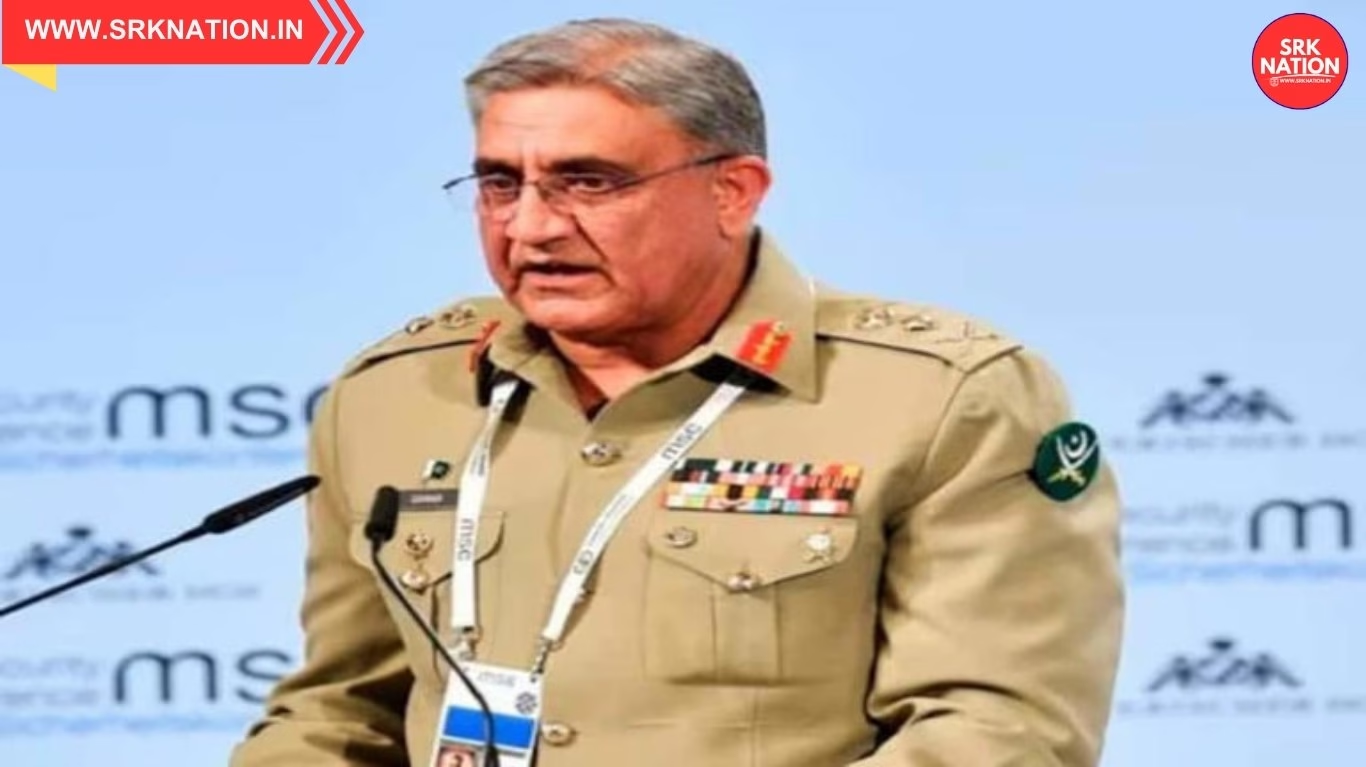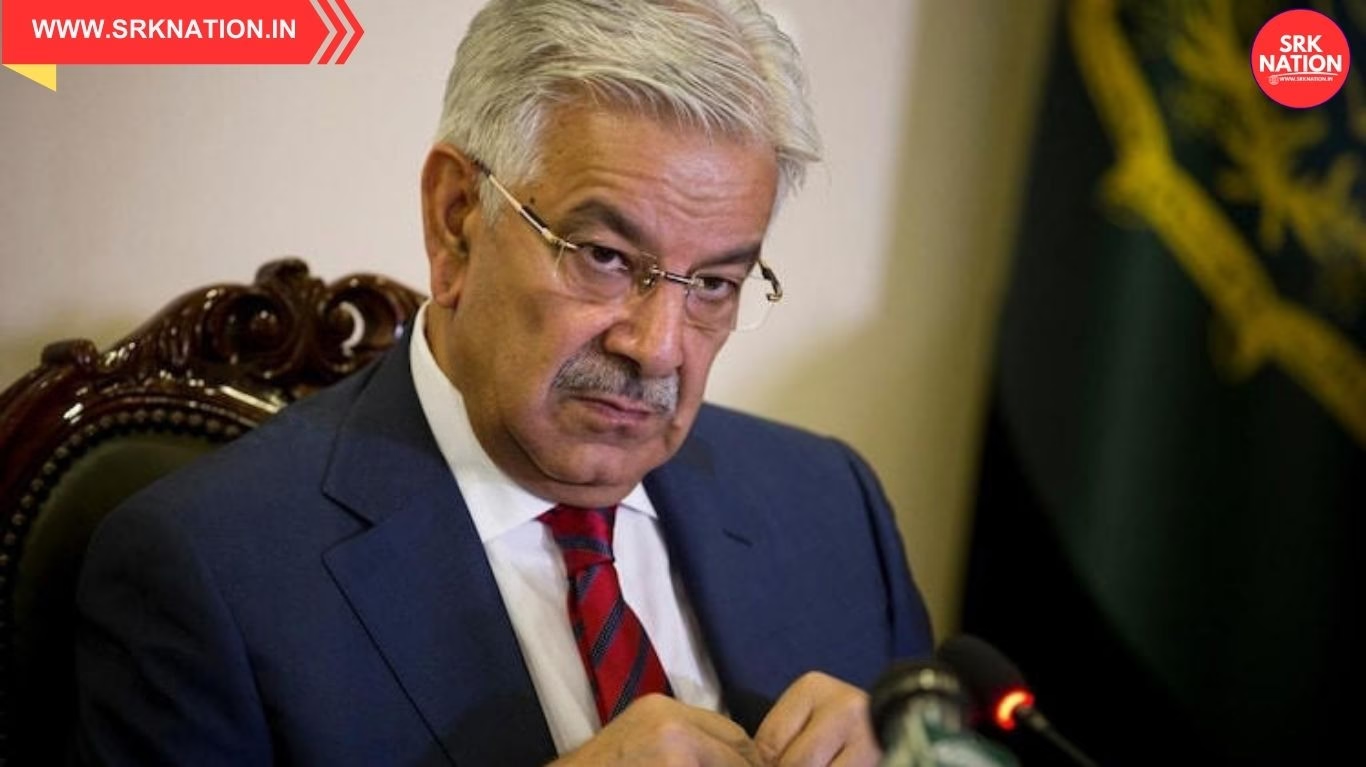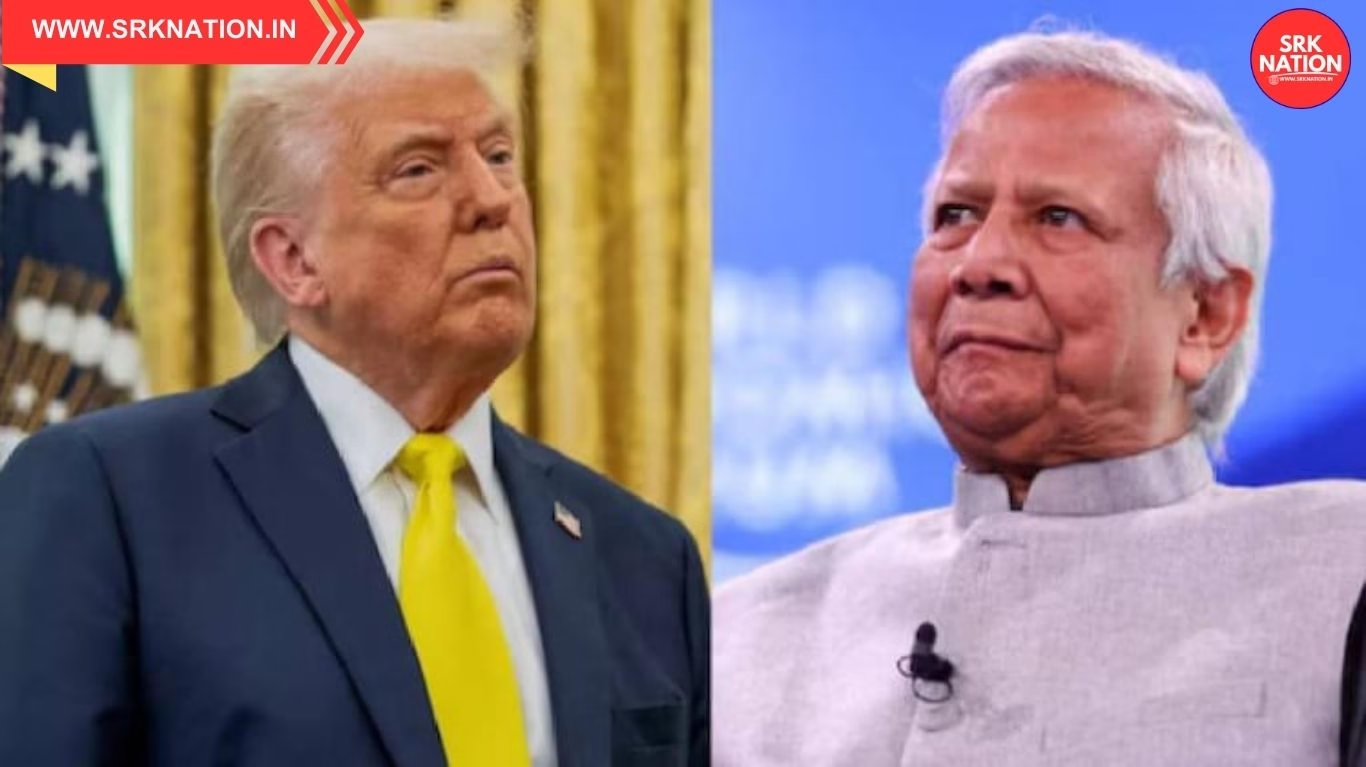In a bold diplomatic move, Ukrainian President Volodymyr Zelenskyy proposed a strategic exchange of Ukrainian military drones for U.S. Tomahawk cruise missiles during his high-stakes meeting with President Donald Trump at the White House on October 17, 2025. The proposal, aimed at bolstering Ukraine’s long-range strike capabilities against Russian targets, marks a significant shift in Kyiv’s defense diplomacy and reflects growing urgency as the war nears its fourth anniversary.
Zelenskyy’s offer comes amid renewed Russian offensives in eastern Ukraine and increasing pressure on Western allies to supply advanced weaponry. Ukraine, now recognized as a global leader in drone warfare, has developed a fleet of combat-tested UAVs capable of surveillance, precision strikes, and electronic warfare. In contrast, the Tomahawk missile, with a range of over 1,500 km, could give Ukraine the ability to target deep Russian military infrastructure.
President Trump, while acknowledging the proposal, expressed caution, stating that supplying Tomahawks could lead to “a bigger escalation.” He emphasized the need to balance U.S. strategic interests with support for allies, especially after a recent call with Russian President Vladimir Putin.
🧠 Key Highlights from Zelenskyy-Trump White House Meeting
| Element | Details |
|---|---|
| Meeting Date | October 17, 2025 |
| Location | White House, Washington DC |
| Ukrainian Proposal | Exchange drones for U.S. Tomahawk missiles |
| U.S. Response | Cautious, citing escalation risks |
| Strategic Context | Ukraine-Russia war nearing fourth year |
| Notable Development | Trump-Putin call prior to summit |
Zelenskyy framed the exchange as a “mutual benefit,” offering U.S. access to Ukraine’s drone technology in return for long-range firepower.
📊 Timeline of Ukraine’s Drone Diplomacy and U.S. Arms Support
| Year | Milestone Description |
|---|---|
| 2022 | Ukraine begins mass deployment of indigenous drones |
| 2023 | U.S. supplies HIMARS and Patriot systems |
| 2024 | Ukraine develops AI-integrated UAVs |
| October 2025 | Zelenskyy proposes drone-for-Tomahawk deal |
Ukraine’s drone exports have already reached NATO partners, with interest from Poland, Lithuania, and the UK.
🗣️ Reactions from Defense Analysts, Lawmakers, and Global Observers
- U.S. Senate Armed Services Committee Member: “Tomahawks are not just missiles—they’re strategic signals.”
- Ukrainian Defense Ministry: “We need range, not just resilience.”
- Russian Foreign Ministry: “Any such deal will be viewed as direct provocation.”
| Stakeholder Group | Reaction Summary |
|---|---|
| U.S. Lawmakers | Divided over escalation vs deterrence |
| NATO Officials | Monitoring implications for alliance posture |
| Ukrainian Citizens | Rallying behind Zelenskyy’s assertiveness |
| Media | Framing summit as pivotal in war diplomacy |
The proposal has sparked debate over whether the U.S. should recalibrate its arms export policy to match battlefield realities.
🧾 Comparative Snapshot: Ukrainian Drones vs U.S. Tomahawk Missiles
| Feature | Ukrainian Drones | U.S. Tomahawk Missiles |
|---|---|---|
| Range | 100–300 km | 1,500+ km |
| Payload | 10–50 kg | 450 kg |
| Guidance | GPS, AI, optical | GPS, terrain mapping |
| Cost per Unit | $50,000–$250,000 | $1.5 million |
| Export Status | Active to NATO partners | Restricted, strategic control |
| Deployment Flexibility | Portable, swarm-capable | Submarine, ship, air-launch platforms |
Zelenskyy’s offer includes co-development rights and joint manufacturing options for future drone systems.
🧭 What to Watch in U.S.-Ukraine Defense Relations
- Congressional Review: Tomahawk transfer requires legislative clearance
- Pentagon Assessment: Strategic impact on Eastern European theater
- Putin’s Response: Possible retaliatory deployments or diplomatic pressure
- NATO Coordination: Implications for alliance-wide arms policy
Zelenskyy concluded, “We are not asking for charity. We are offering technology, partnership, and a shared defense of freedom.”
Disclaimer
This news content is based on verified summit briefings, defense statements, and media reports as of October 18, 2025. It is intended for editorial use and public awareness. The information does not constitute military advice, diplomatic endorsement, or geopolitical forecasting and adheres to ethical journalism standards.











